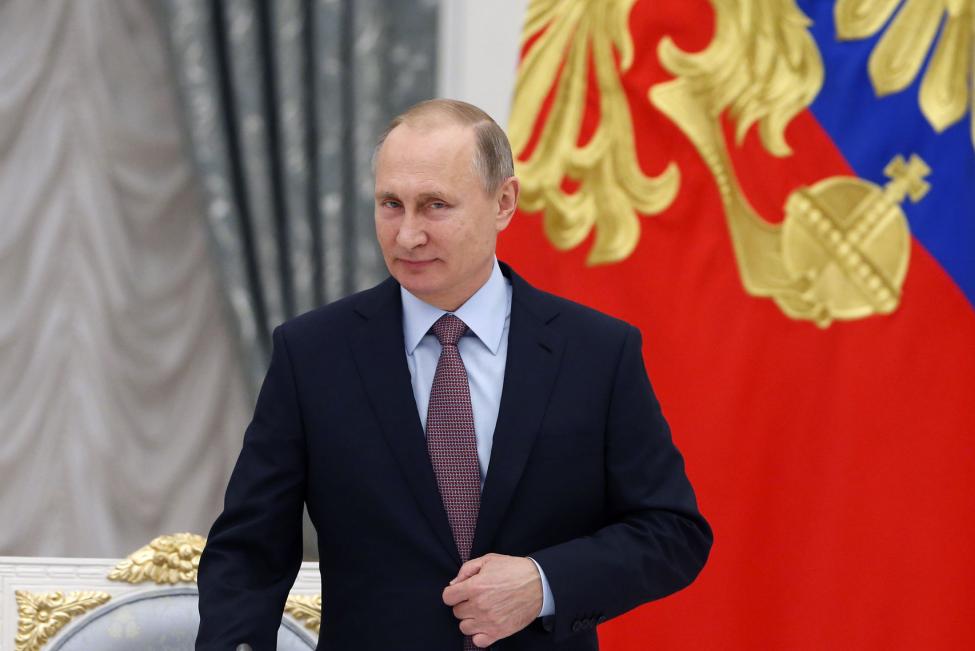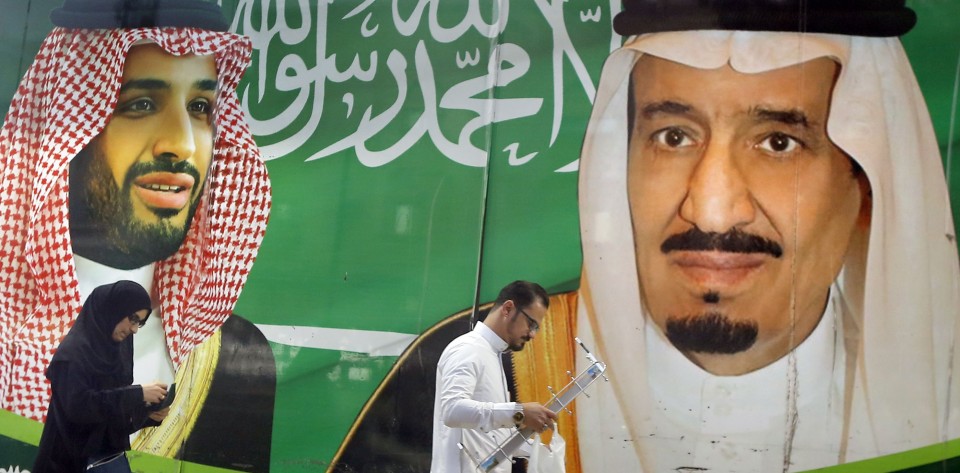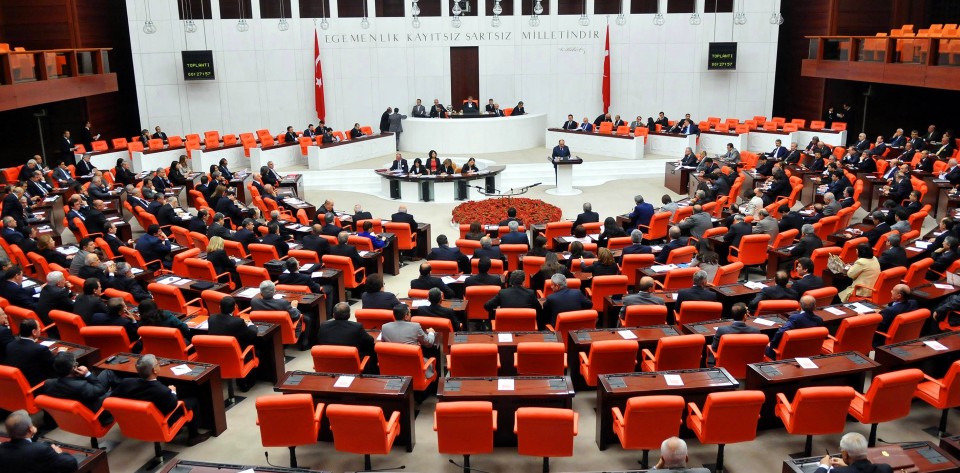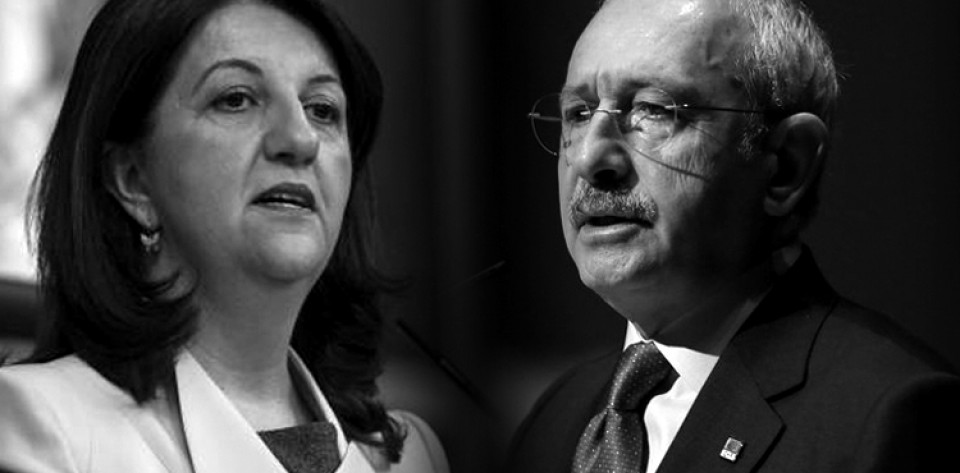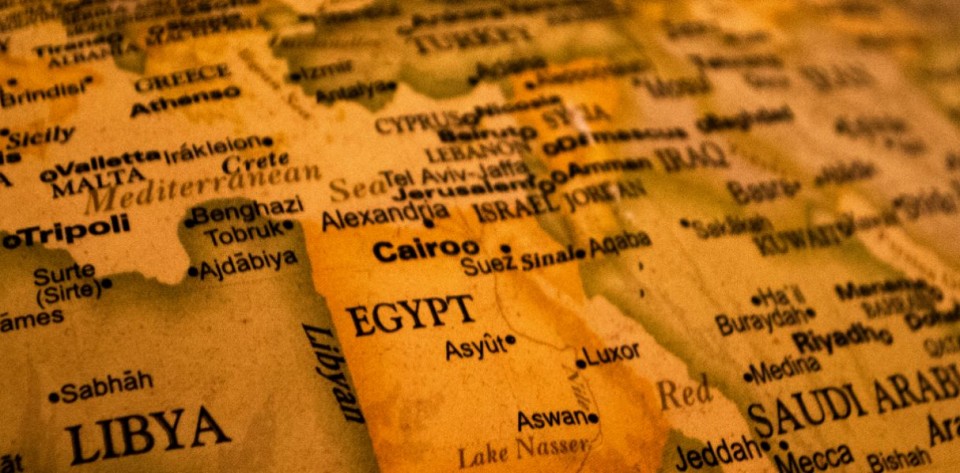Vladimir Putin had denied, several times, that he wanted to stay on in power. So he did his best to appear reluctant to accept this proposal, framing it as a demand "from below". Russia will hold a "public vote" on 22 April to decide if constitutional changes will go ahead. They could significantly alter the balance of power between the presidency and parliament. Authorities in Moscow have imposed a temporary ban on public gatherings of more than 5,000 people, citing the coronavirus outbreak. However, opposition figures argue the ban is merely an attempt to stifle dissent against the changes that allow President Putin to stay in power.
The proposed changes will limit future Russian presidents to a total of two terms throughout their entire lifetime. The current constitution, by contrast, only limits presidents to two consecutive (and not total) terms.
These changes would also impact his successors in future by limiting them to single-handedly derail Russia’s future. Moreover, it would help to stabilize the Russian economy and military reforms.
However, Russian long term prospect would hardly be changed since economic development as well as insufficient military development due to insufficient economic resources would hardly to be remedied.

